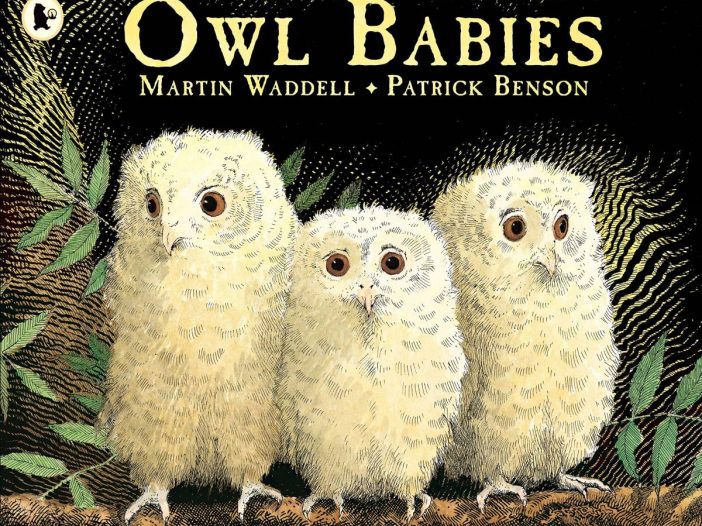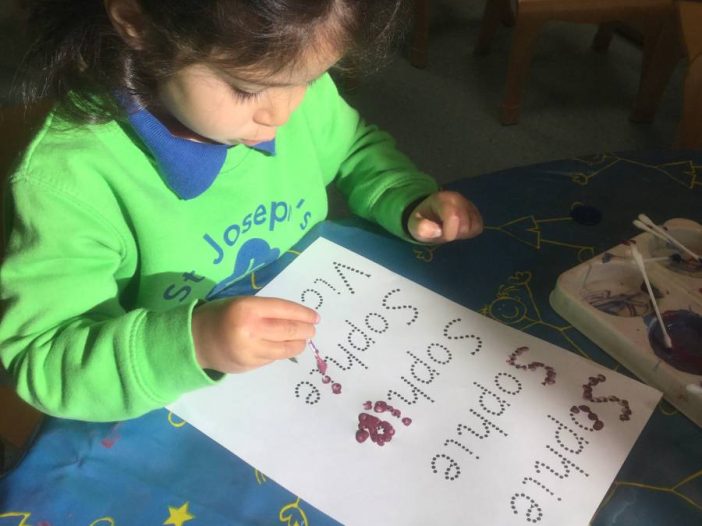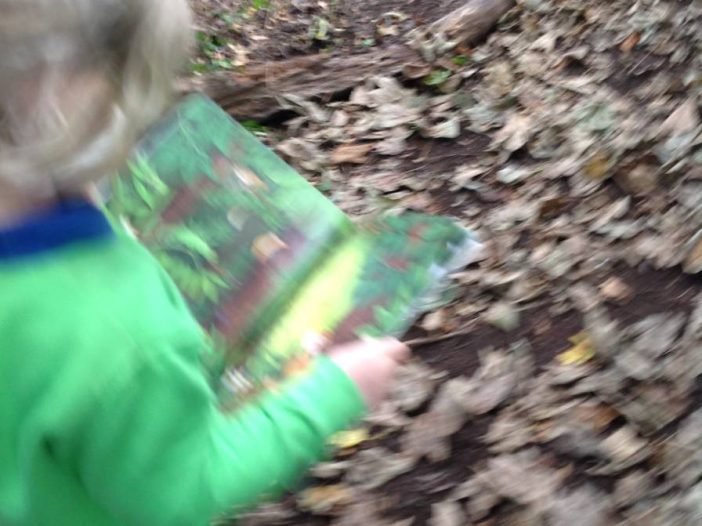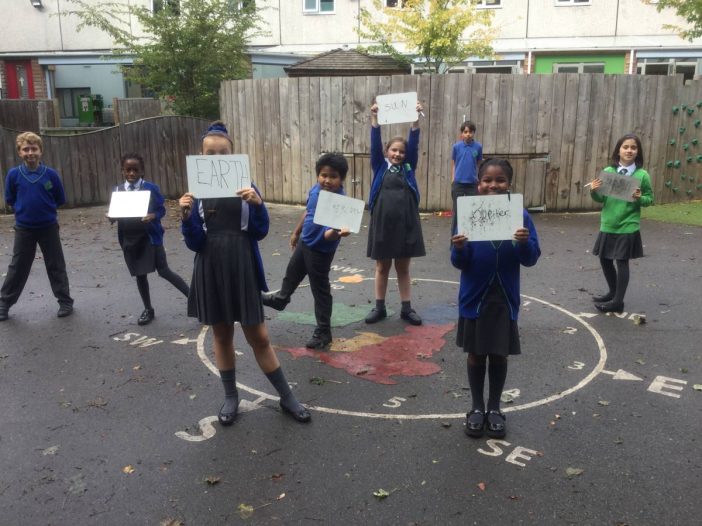English is at the heart of our learning and teaching and essential to every area of the curriculum. It is through English that concepts are formed and we are able to make sense of the world and our place in it. Children are taught to read in a variety of ways.
Reading
At St Joseph’s we prioritise every facet of pupils’ reading development as they progress on their journey through the school from EYFs to Year 6. We substantiate children’s phonics development through a systemic robust programme from EYFS through Key Stage one, and beyond for identified pupils. Once children’s early reading skills are embedded we foster a love of reading through a rich range of reading opportunities which provides breadth, challenge and no cap to their reading enrichment and development. Our Library and school reading zones inspire and enthuse our pupils with a zest for reading embracing fiction, non-fiction, other genres and multi-media so that they leave the school as confident, mature, independent, discerning readers who can access the full curriculum. We also promote pupils’ spoken language as a key aspect of their reading development, through poetry, drama and our annual ‘Young Speakers Challenge’. Our reading outcomes at KS2 consistently reflect these high expectations and standards so that we confidently fully meet and exceed the national curriculum expectations for reading.
In the Foundation Stage and Key Stage 1, children read individually with an adult; they are also given regular opportunities to share a book with others. Teachers read a variety of written material regularly with the children: fiction and non-fiction, stories, reports, diaries, poems etc. We place a strong emphasis on phonics (letter sounds) in the early years of learning to read because we believe this lays the foundations for successful reading. We use ‘Bug Club’ reading scheme for KS1 guided reading and home-school reading system which requests that parents read with their children each day. Children need parents/carers to be reading role models, so we strongly encourage daily reading at home beyond Key Stage 1.

Towards the end of Year 2 and throughout Key Stage 2, children are explicitly taught the skills of reading through the use of VIPERS. During a typical session, the teacher will share the reading skill that the children will be focusing on for that session. Each session begins by looking at key vocabulary words they want the children to learn that week. These will be taught, over learnt and embedded throughout the rest of the week during VIPER sessions and across the wider school day to allow for children to use these words in different contexts. During these sessions, teachers cover fiction, non-fiction, poetry, songs, picture books and short films, to ensure children get access to a wide range of texts. Children read during these sessions in a variety of different ways: they may hear the teacher model fluent reading and then have time to reread the same extract themselves, they may read individually and feedback, work in groups, take turns in pairs or read aloud to the their peers. You may see a number of these different strategies during one session. In addition to these daily VIPER sessions, each Key Stage 2 class has a class text that they listen to and read for 15 minutes each day.
Writing
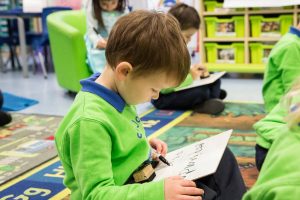
To develop writing at St Joseph’s, we use resources based on the Literacy Counts programme, Read to Write. Comprehensive units centred on children’s high-quality vocabulary-rich literature (Vehicle Texts) have been carefully constructed so the entire statutory curriculum for English is covered from EYFS to Y6. These texts provide opportunities to engage with the wider curriculum whilst embedding writing skills.
Please see our EYFS page for our Nursery and Reception curriculum information.
Progression sequences for year groups can be found below.
Phonics
Words are made up from units of sound called phonemes. Phonics teaches the relationship between letters and these sounds. At St Joseph’s we use Little Wandles to deliver the Letters and Sounds programme. Tricky words are taught by sight and cannot be sounded out e.g. the, come.
The teaching of phonics begins in Nursery and focuses on developing children’s listening, vocabulary and speaking skills. Phase 1 is taught throughout Nursery and during the first 2 weeks of Reception while baseline assessment is being completed. In Reception sounds are introduced at a rate of one a day throughout the autumn and spring term. Sounds are consolidated in the summer term. This knowledge is built upon in Year 1 where we start introducing alternative spellings for sounds. Children master these in their reading first and as their fluency develops, we begin to see them using them correctly in spelling.
Phonics Screening
During the summer term in Year 1, children nationwide are tested on their phonic knowledge. This test helps us to identify children who have gaps in their phonic knowledge and may need support in Year 2 to develop reading and writing skills. Parents are informed as to whether their child has achieved the national expectation within the child’s end-of-year report. Additional tuition in phonics will be given to those children who did not achieve a pass during Year 2 and they will be tested again in the summer term.
Handwriting
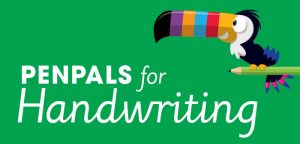
We follow the ‘Penpals for Handwriting’ scheme at St Joseph’s. We aim for our pupils to develop a neat, legible, speedy handwriting style using continuous cursive letters that leads to producing letters and words automatically in independent writing. We encourage fine motor skill activities in EYFS to develop muscles used for writing.
By the end of Year 6, pupils will understand the importance of neat presentation and the need for different letterforms (cursive, printed or capital letters) to help communicate meaning clearly.
Spelling
Phonics is primarily used as the building blocks in EYFS and Year 1 using the Little Wandle phonic programme, whilst using high frequency words to support writing. In Year 2, children continue to develop their phonetic skills using The Little Wandle Bridge to Spelling Programme. In years 3-6 the school follow the ‘No Nonsense Spelling’ scheme. No Nonsense spelling provides pathways for the teaching of spelling from Yr3 to Yr6.
No Nonsense Progression Pathways

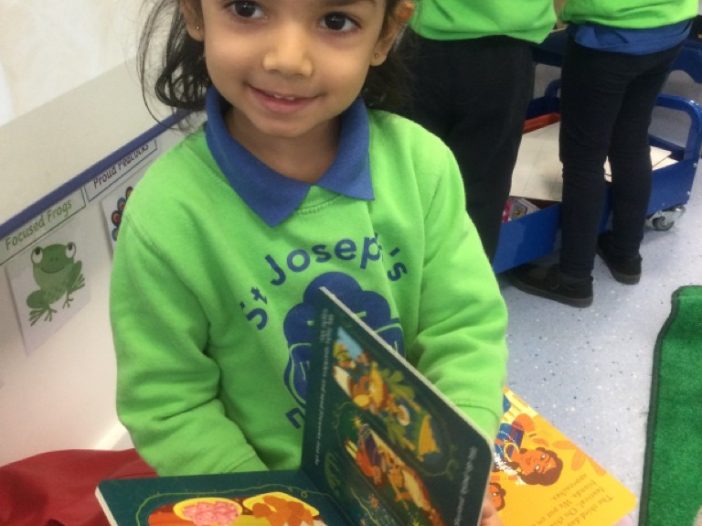
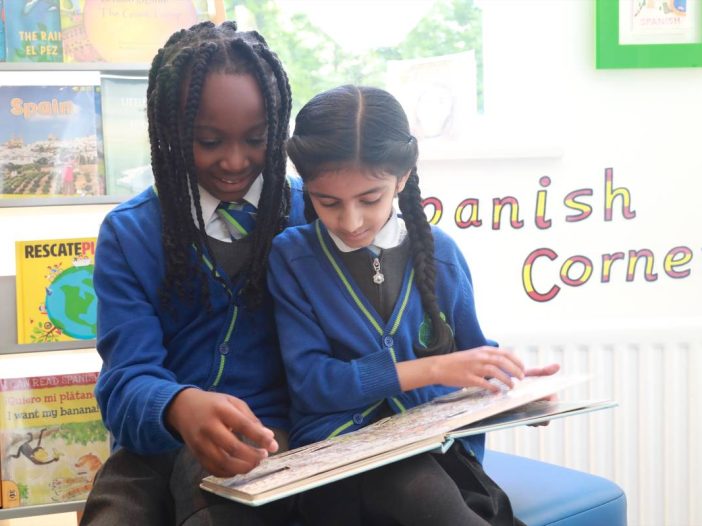
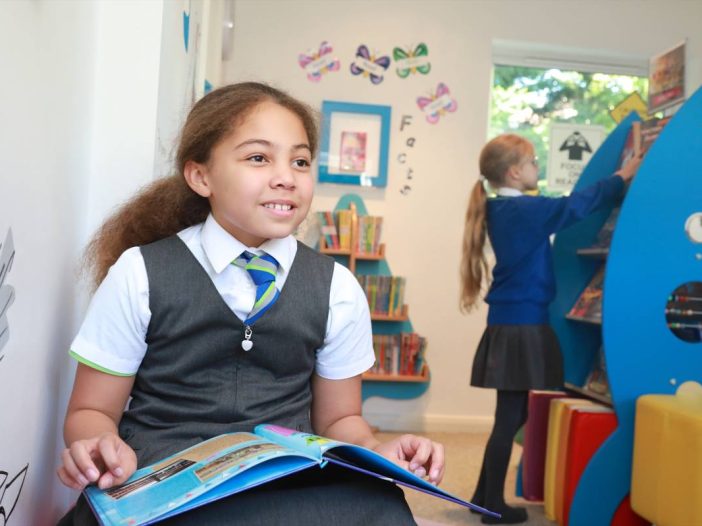
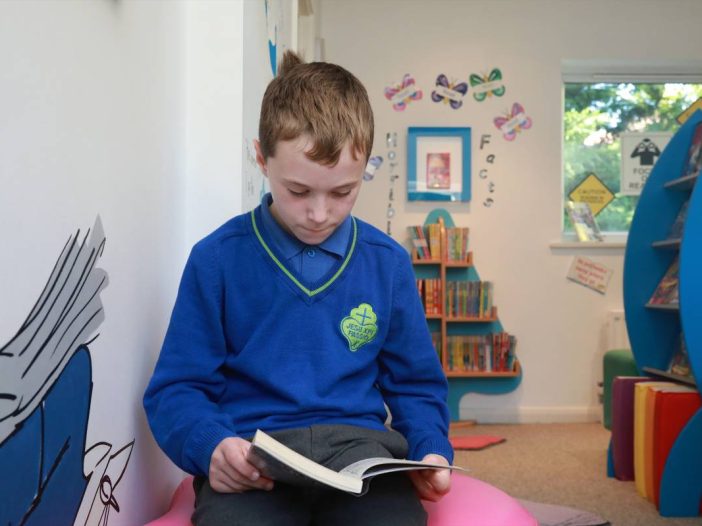
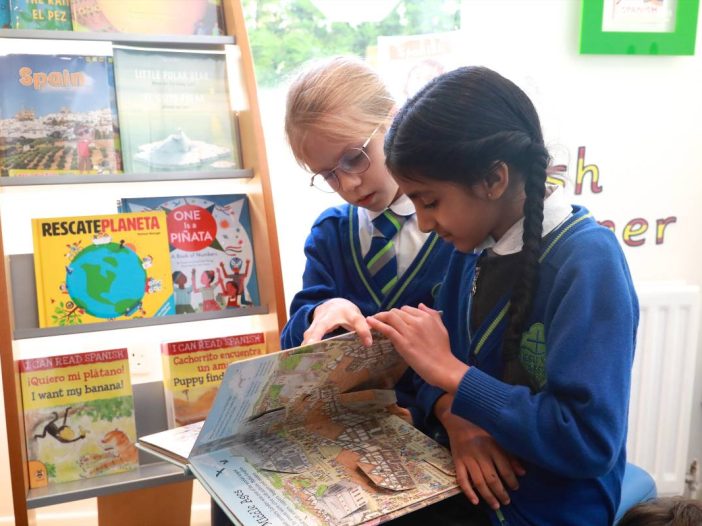
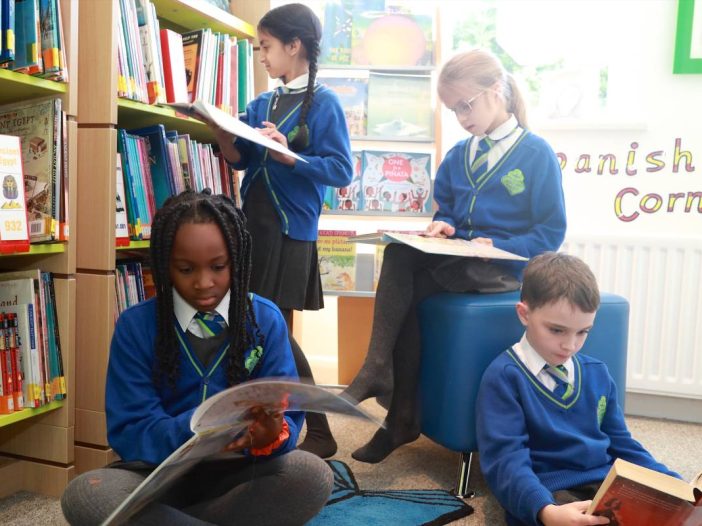
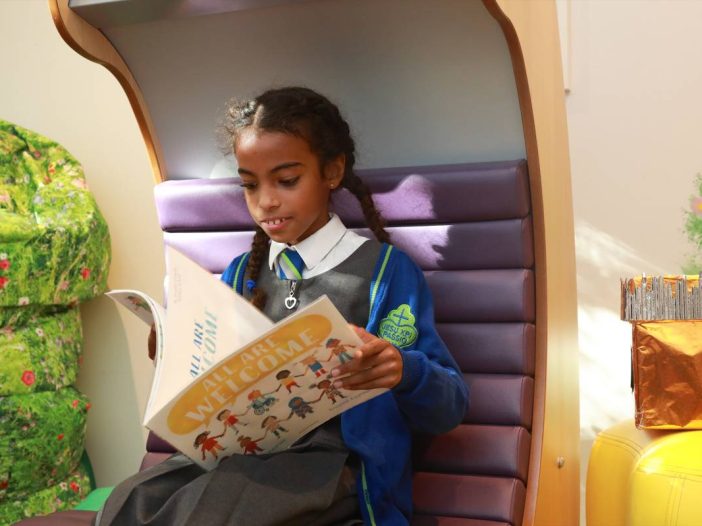
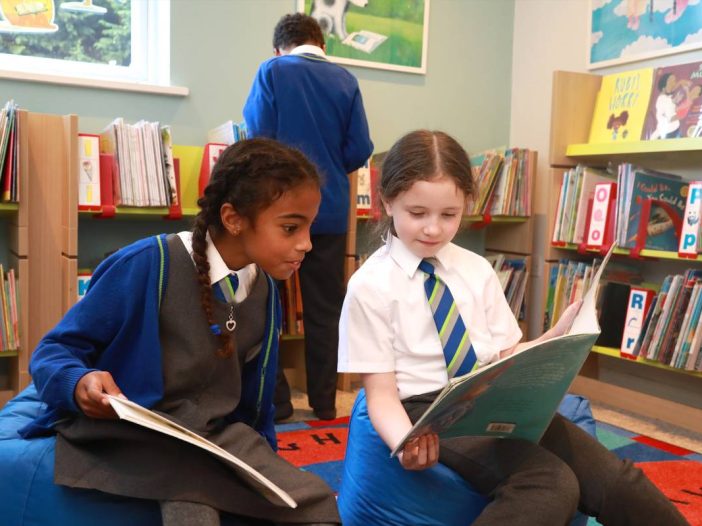
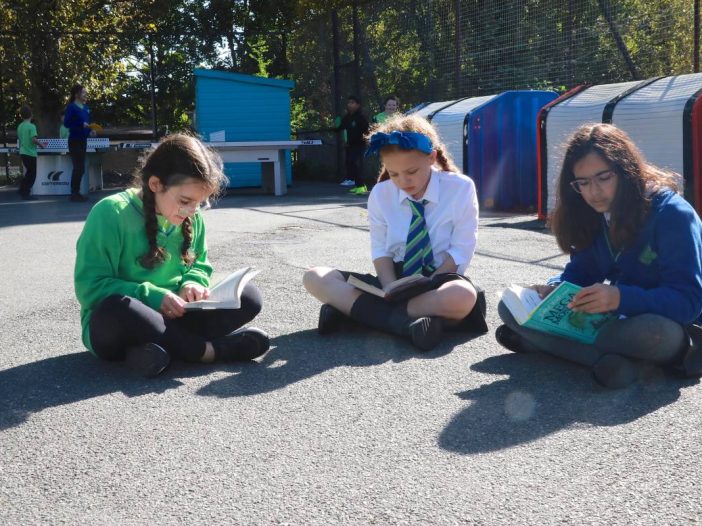
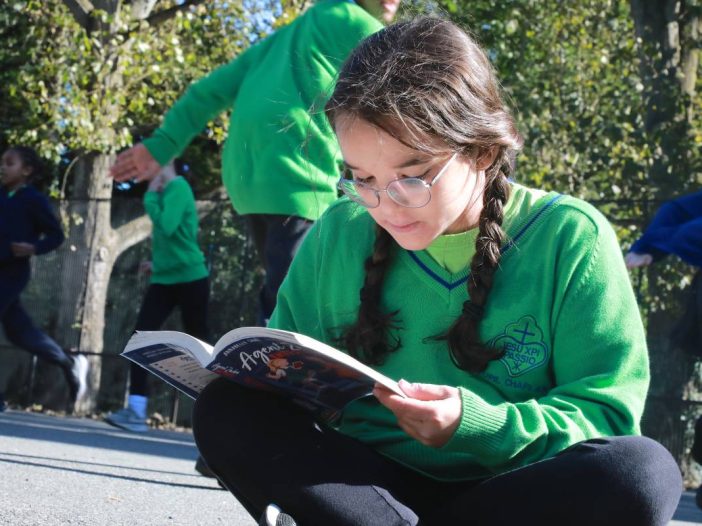
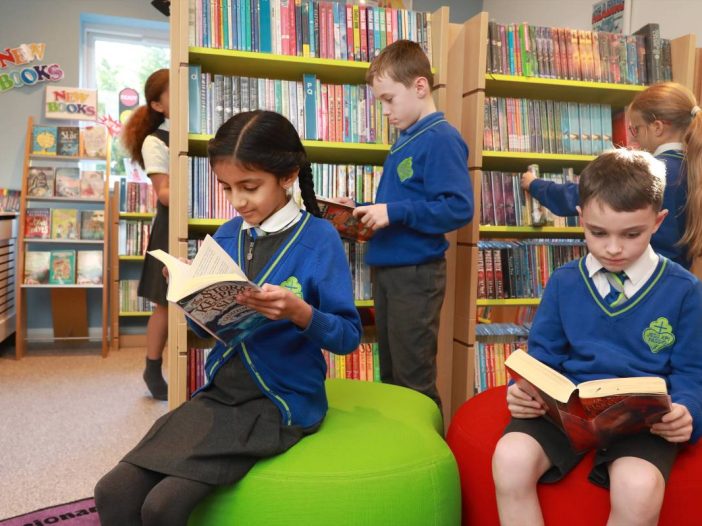

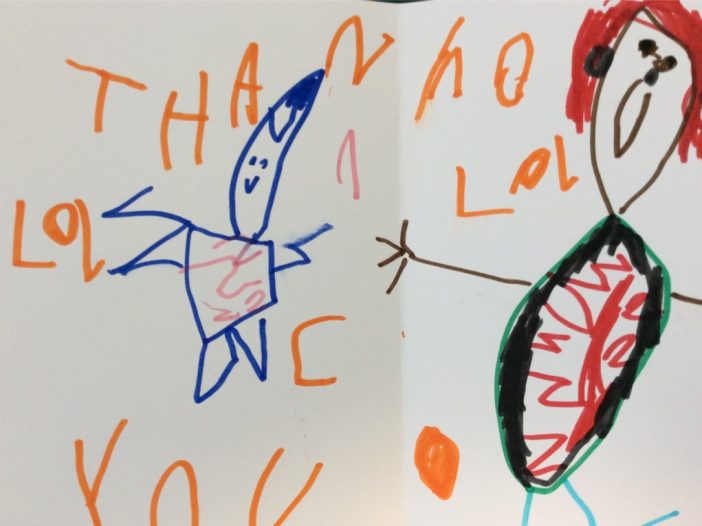
![REYU0362[1]](https://st-josephs.islington.sch.uk/wp-content/uploads/2021/10/REYU03621-702x526.jpg)
![IMG_0234[1]](https://st-josephs.islington.sch.uk/wp-content/uploads/2021/10/IMG_02341-702x526.jpg)
![IMG_1735[1]](https://st-josephs.islington.sch.uk/wp-content/uploads/2021/10/IMG_17351-702x526.jpg)
